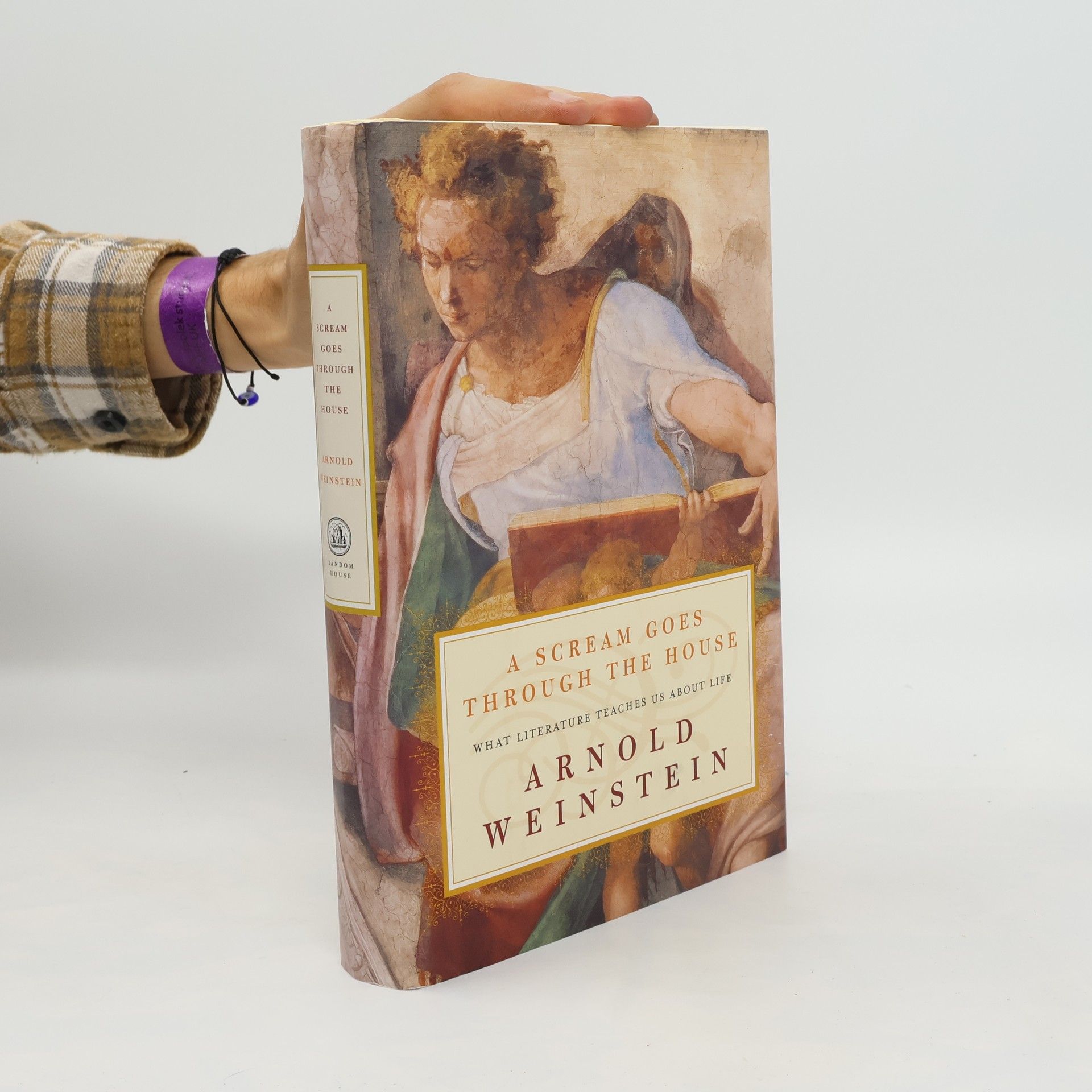A Scream Goes Through the House
- 464pages
- 17 heures de lecture
"In the tradition of Harold Bloom and Jacques Barzun, Weinstein guides us through great works of art, to reveal how literature constitutes nothing less than a feast for the heart. Our encounter with literature and art can be a unique form of human connection, an entry into the storehouse of feeling." "A Scream Goes Through the House traces the human cry that echoes in literature through the ages, demonstrating how intense feelings are heard and shared. With intellectual insight and emotional acumen, Weinstein reveals how the scream that resounds through the house of literature, history, the body, and the family shows us who we really are and joins us together in a vast and timeless community."--Jacket.

